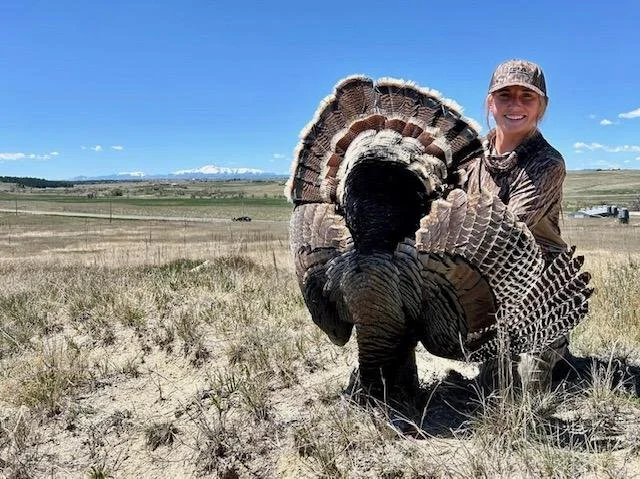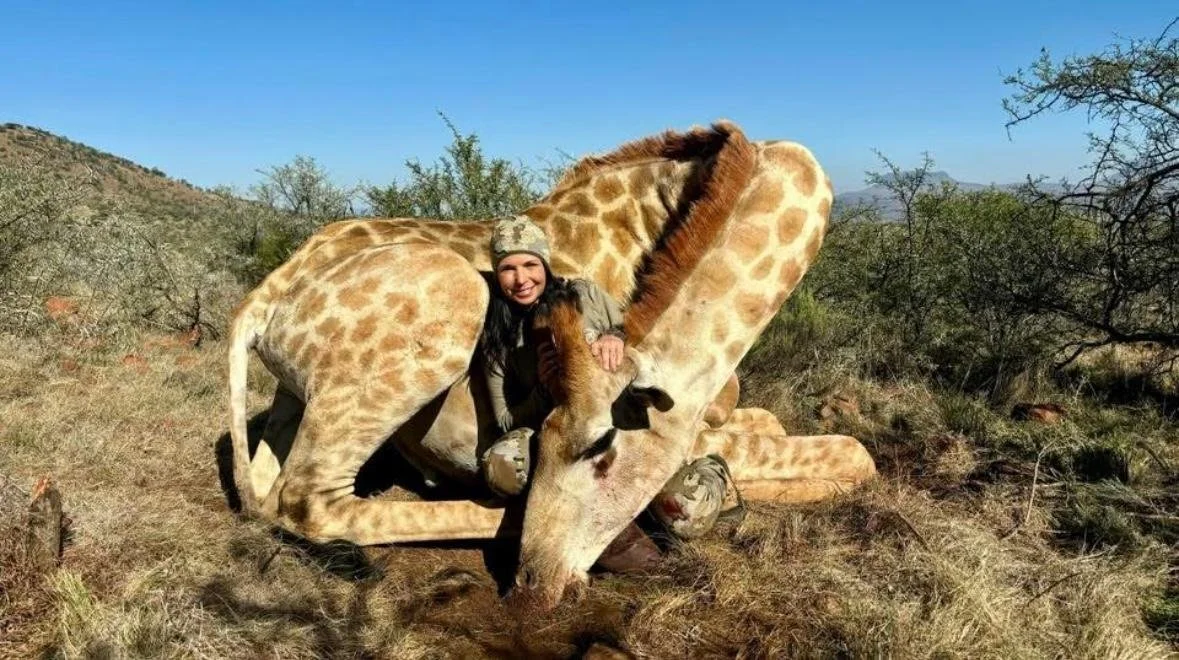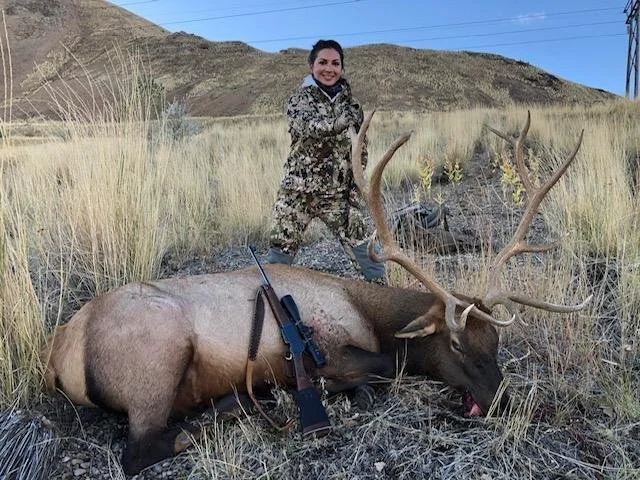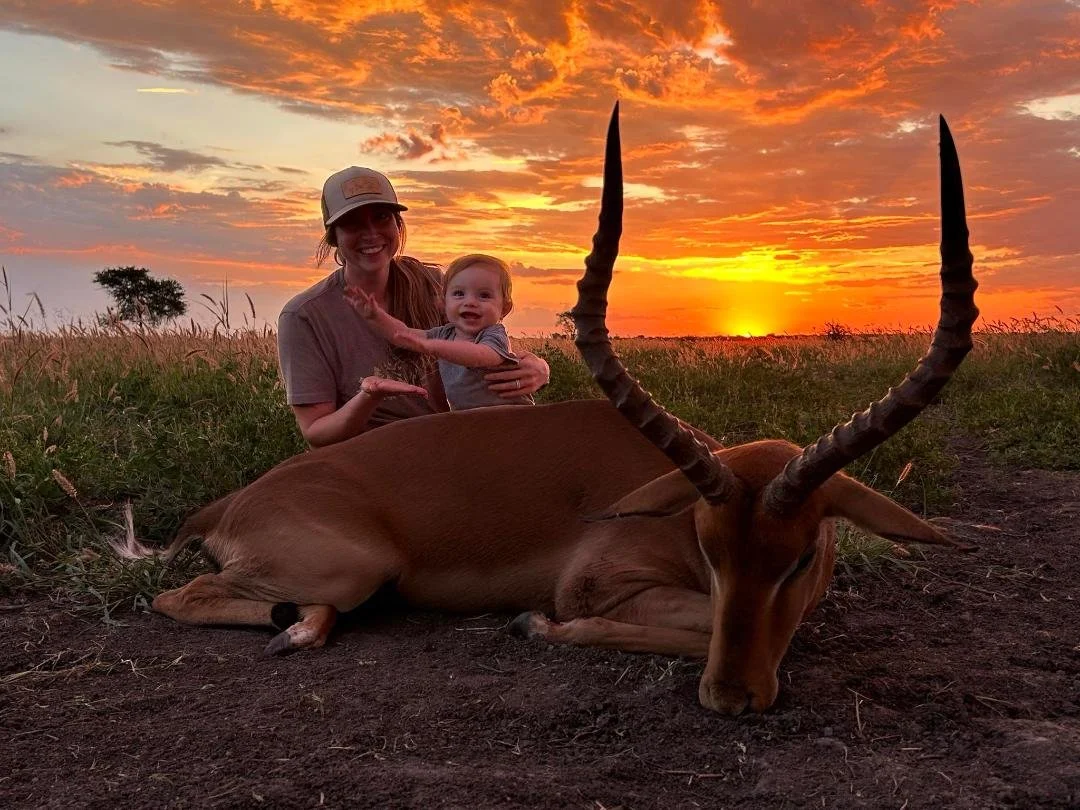Rethinking the Word “Huntress”: Why Language Matters in the Outdoors
The world of hunting is changing. Over the past two decades, more women have picked up rifles, bows, and shotguns than ever before. With that growth, however, comes an unexpected question: what do we call ourselves?
For many, the answer is simple. We’re hunters. But as women have stepped into the spotlight, another word has followed them—“huntress.”
Baylee Horner, IG @_baylee_horner_
The History of the Word
“Huntress” isn’t new. The term dates back centuries, often tied to mythology and literature. The Greek goddess Artemis, protector of wildlife and symbol of the chase, was described as a huntress. The word has long carried a romantic, almost poetic tone—an image of a graceful yet fierce woman of the woods.
But as hunting has modernized, some argue that the word feels out of place. It’s rarely used in official hunting circles, conservation groups, or even licensing agencies. Instead, it tends to show up on social media hashtags, clothing lines, and occasionally in casual conversation. For some women, it feels like a celebration of femininity in the outdoors. For others, it feels like a label that separates them from their peers.
Leah Andersen, IG @leah.andersen18
The Case Against “Huntress”
On the surface, “huntress” might sound flattering, but for many women in the outdoors, the word suggests a category that doesn’t need to exist.
Women hunters aren’t climbing shorter mountains, taking easier shots, or putting in less work. They’re setting the same alarms before daylight, training at the same ranges, and hauling the same heavy packs as anyone else in the field. They shop at the same outdoor retailers, compare gear notes with fellow hunters, and return home with the same freezer full of meat.
The reasons for hunting are universal: to provide food for our families, to contribute to wildlife management and conservation, and to stay rooted in the traditions that connect us to the land. Those values don’t need a gendered label. They define us as hunters—plain and simple.
For women who have had to work hard to be taken seriously in the outdoors, the word “huntress” can even feel like a step backward. After years of fighting for equal recognition and opportunity, being given a separate title can feel like being placed at the kids’ table rather than sitting shoulder to shoulder with fellow hunters.
Georgia Klink, IG @georgia.klink
The Case for “Huntress”
On the flip side, not everyone sees “huntress” as a slight. For some women, the word feels empowering. It’s a way of embracing femininity without sacrificing grit. Brands that use “huntress” in their names or product lines often argue that the word gives women visibility in a space where they’ve historically been overlooked.
There’s also a cultural pride aspect. Much like terms such as “cowgirl” or “fisherwoman,” “huntress” can feel like a way of standing out in a world where representation has long been limited. For women who enjoy the word, it doesn’t feel like a subcategory—it feels like an acknowledgment of their unique place in the hunting community.
Lindsay Oxford, IG @whatlinzisloving
Why Language Matters
So why does one little word matter so much? Because words shape perception.
Young girls looking up to female hunters are forming ideas about what it means to step into this world. If they constantly hear “huntress,” they may start to believe that they’re in a separate class, rather than seeing themselves as equals from day one.
For an industry working hard to welcome more women, inclusivity isn’t just about access to hunts or gear that fits properly. It’s also about how we talk to and about each other. When women are simply recognized as hunters, it reinforces that they belong fully—no qualifiers needed.
Hallie Pierson, IG @halllieberryy
A Growing Movement
Across the country, women’s hunting groups, mentorship programs, and outfitters are thriving. They’re not just bringing women into the outdoors—they’re shaping the future of hunting itself.
These programs emphasize community, mentorship, and confidence. And while you’ll find plenty of pride in being a female hunter among these groups, you won’t often hear anyone pushing for “huntress” as a title. The word that unites them all is “hunter.”
Alex Hunt, IG @upnorthwith.alex
Finding Common Ground
At the end of the day, whether someone embraces “huntress” or rejects it comes down to personal preference. Language evolves, and people attach meaning to words in different ways.
But one thing is clear: women aren’t a side note in the hunting community anymore. They’re leading hunts, running outfitting businesses, mentoring the next generation, and shaping conservation efforts. Their voices and actions prove every day that they don’t need a special label to stand out.
We don’t need to be called “huntresses” to be recognized. We’ve earned our seats at the table as hunters.
Tarra Stoddard, IG @tarra_outdoors
Final Thought
This isn’t about erasing femininity or dismissing those who enjoy the word “huntress.” It’s about recognizing that the effort, the purpose, and the tradition are the same regardless of gender.
We’re not a subcategory. We’re hunters. And that’s more than enough.
RCG Pro Staff, Ashley Holm
Instagram @DirtyRedOutdoors
Renee Mccormick, IG @reneemcc8909
Hannah Doll, IG @trashterriers
Lyndsey Knudtson, IG @lyndseyknudtson
Reggie Tokarski, IG @wildland_gypsy
Krystal Ambrose, IG @thesouthwesternlady
Candice Wolfford, IG @heroutdoorsy
Chandra Sanderson, IG @grandmesawild
Kelsey Weinand, IG @bowhuntin.lady
Brittany Ann Lynn, IG @Brittanyannlyn
Tracy Shaw, IG @arkansasoutdoorswoman


















